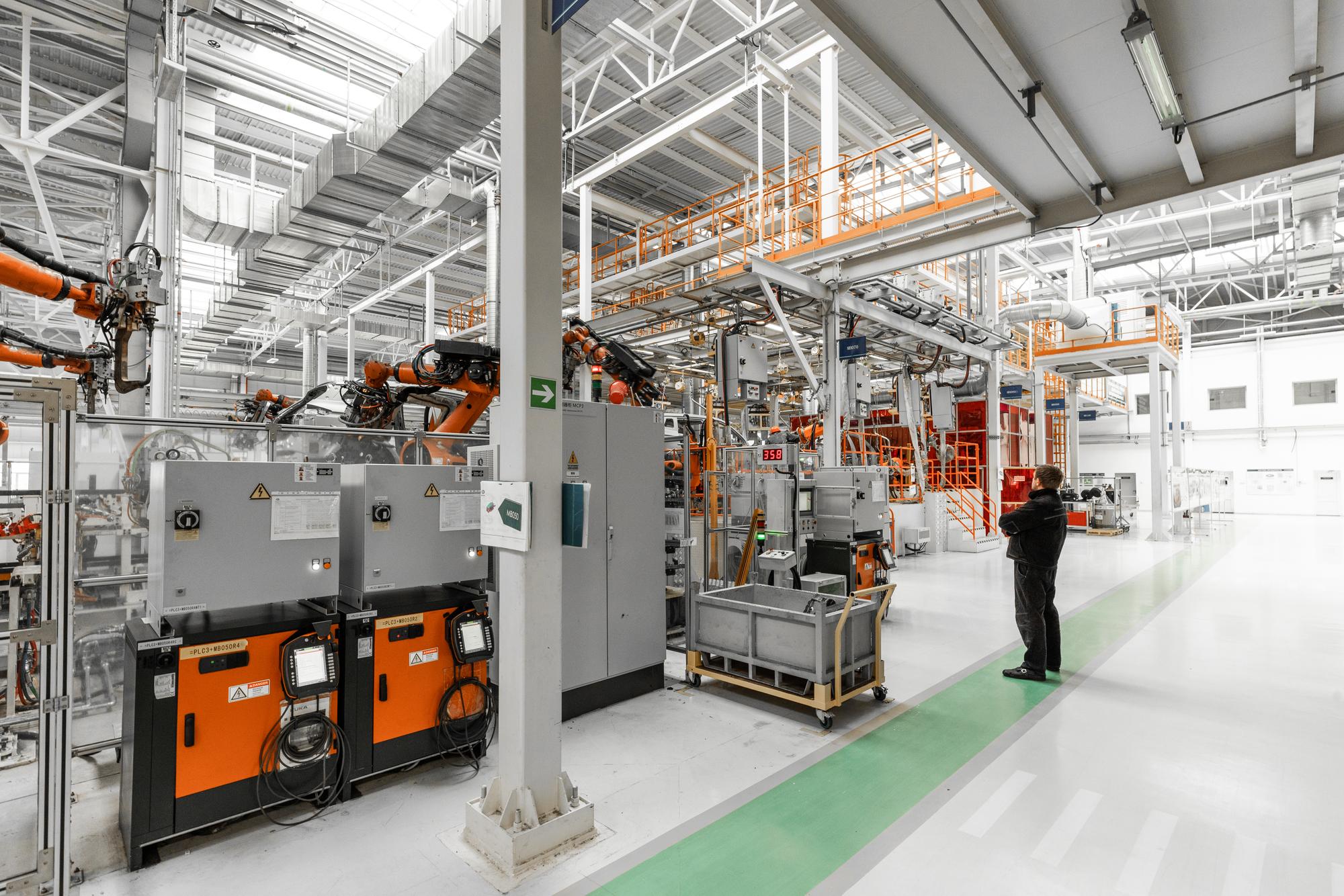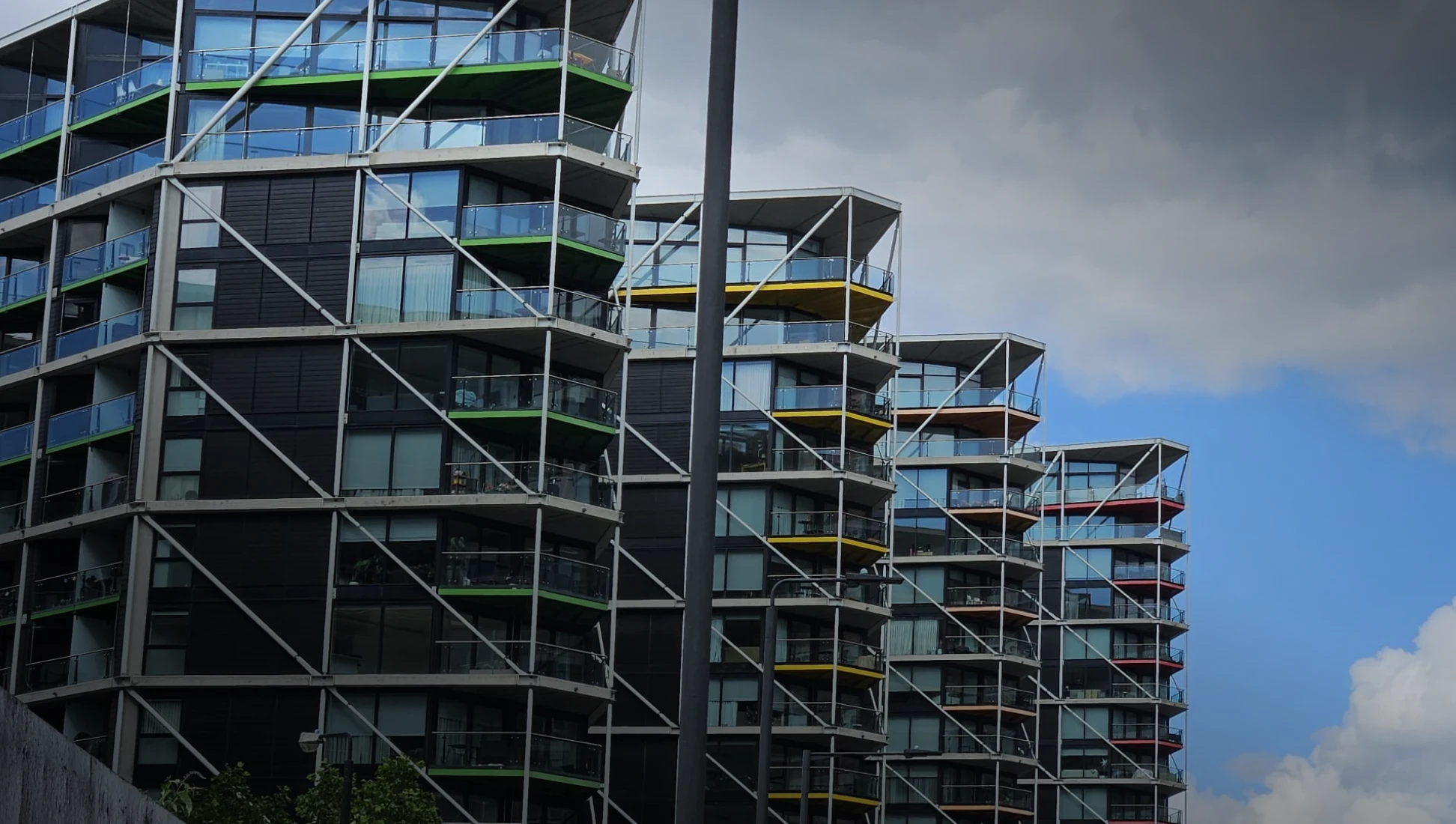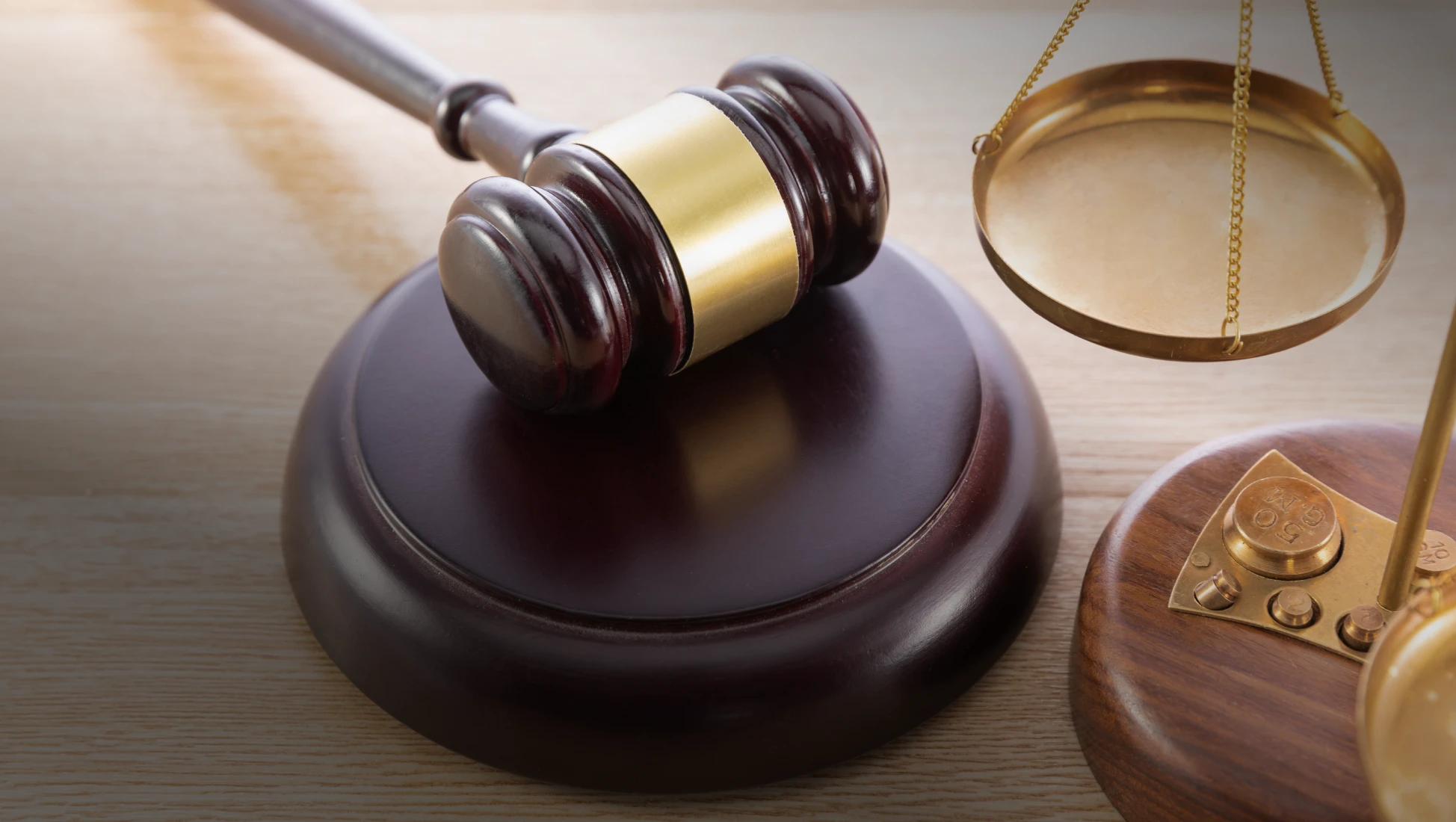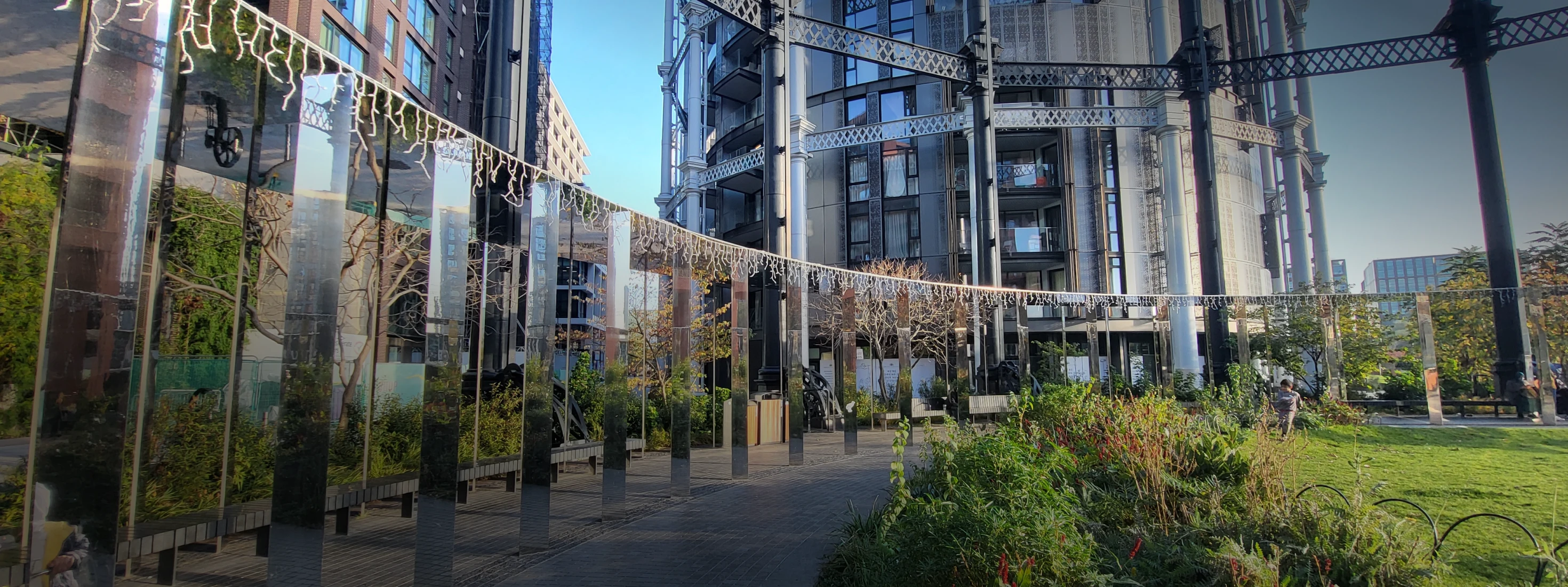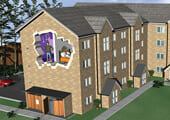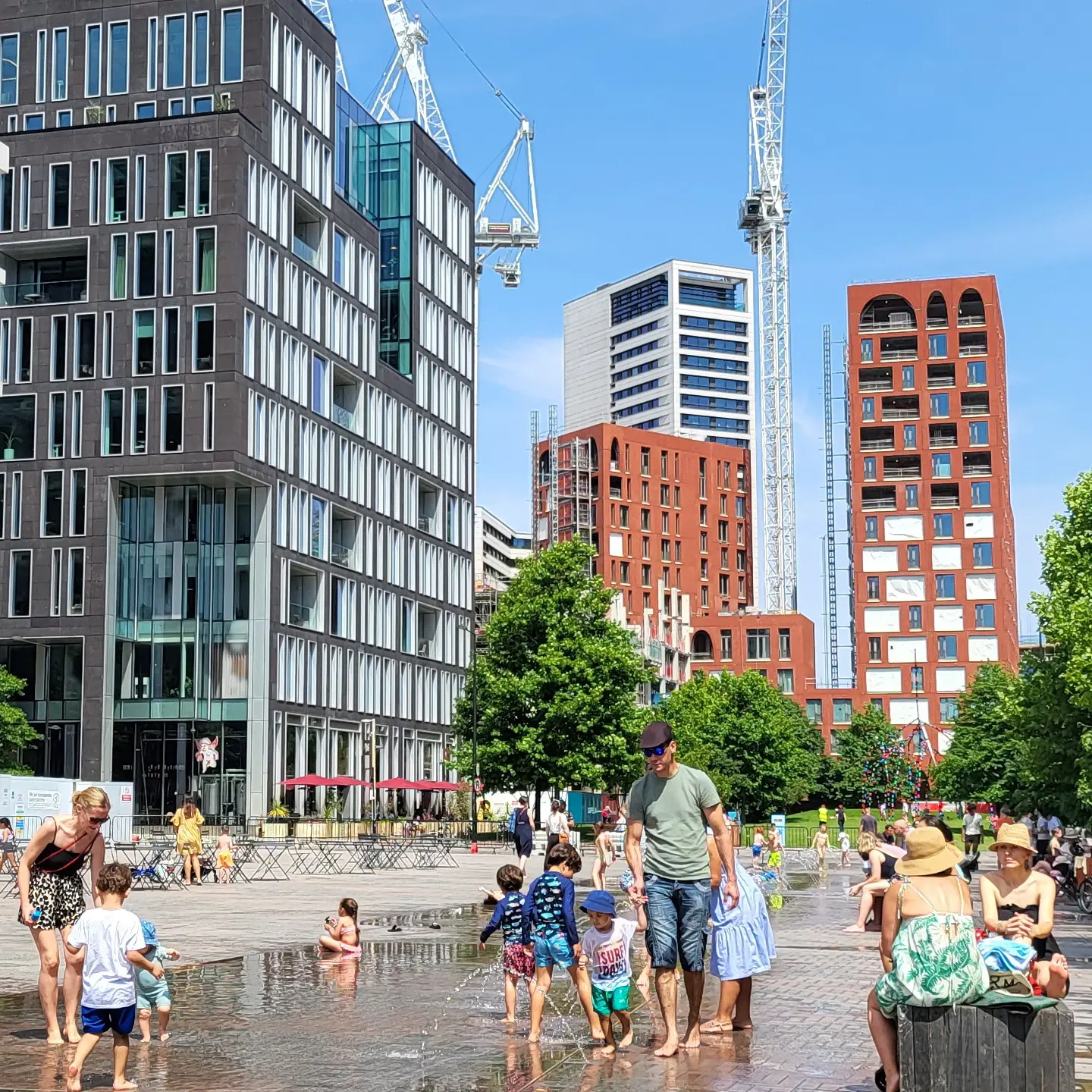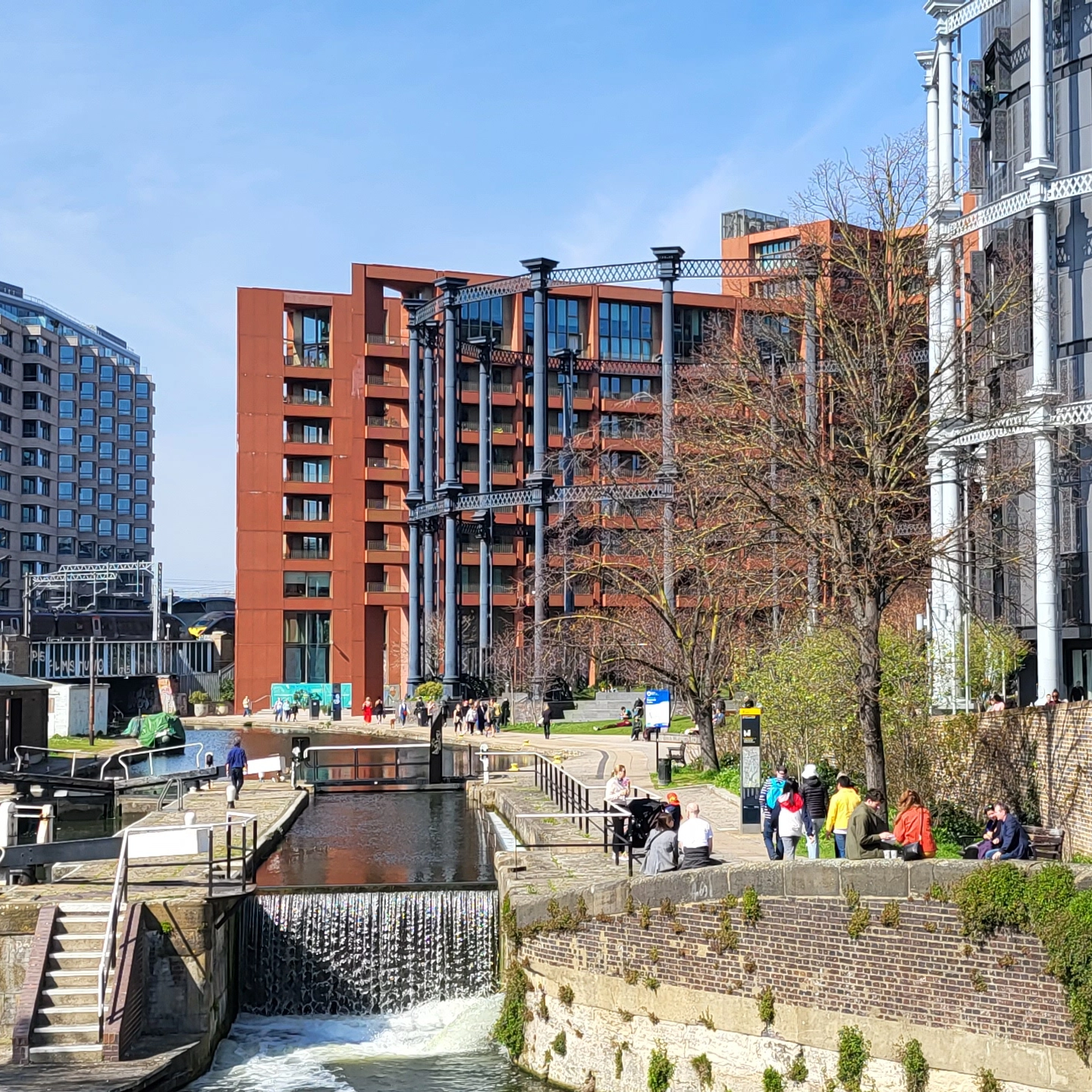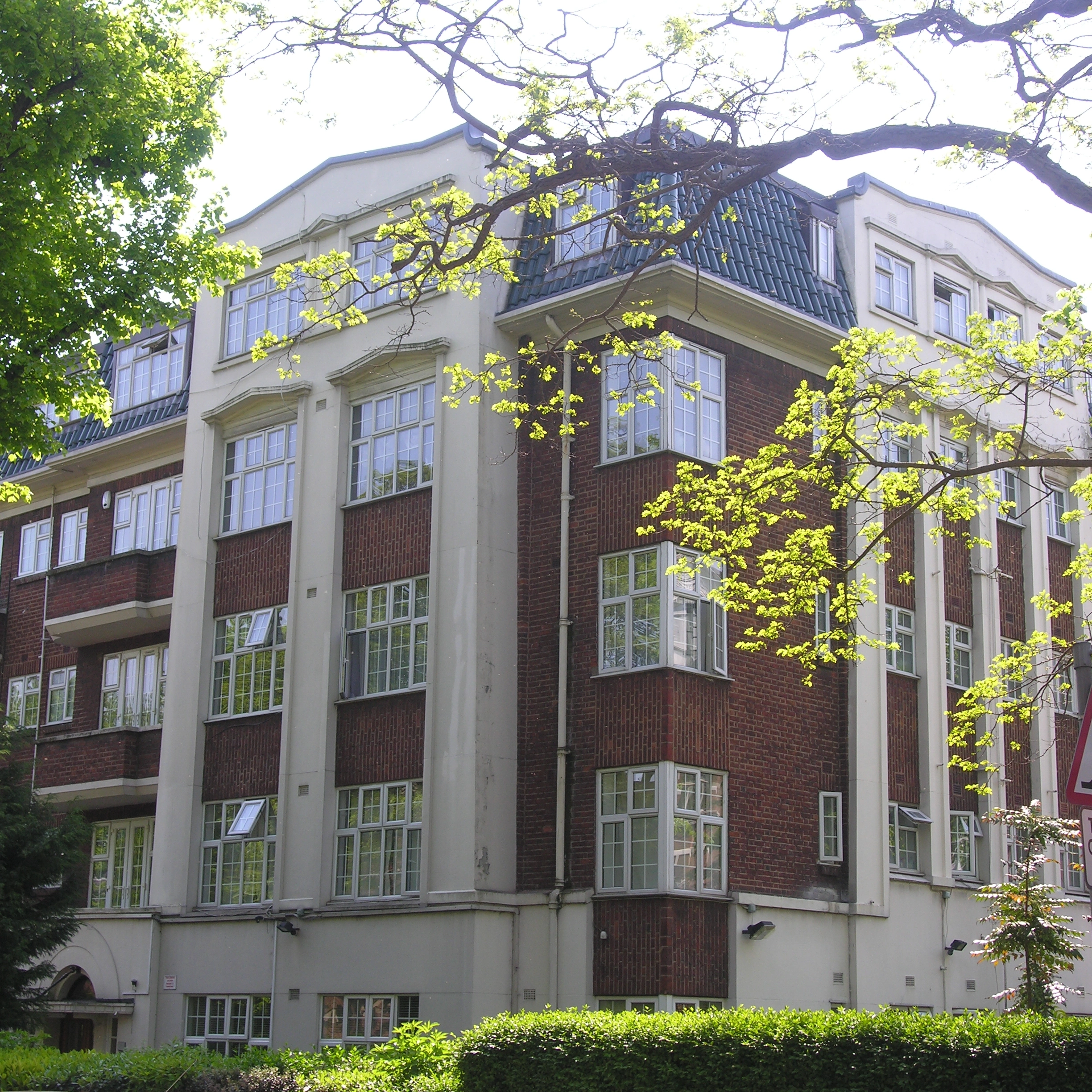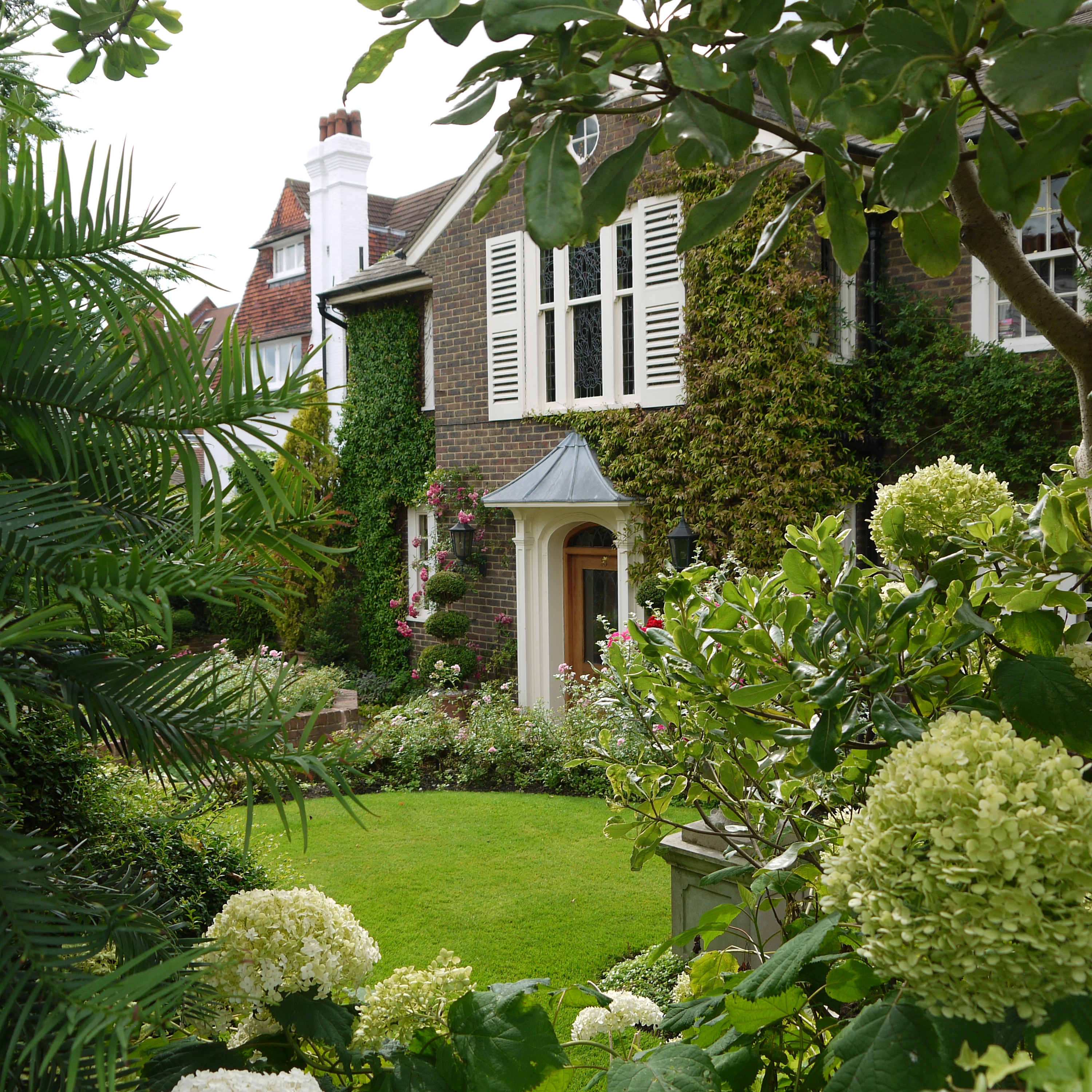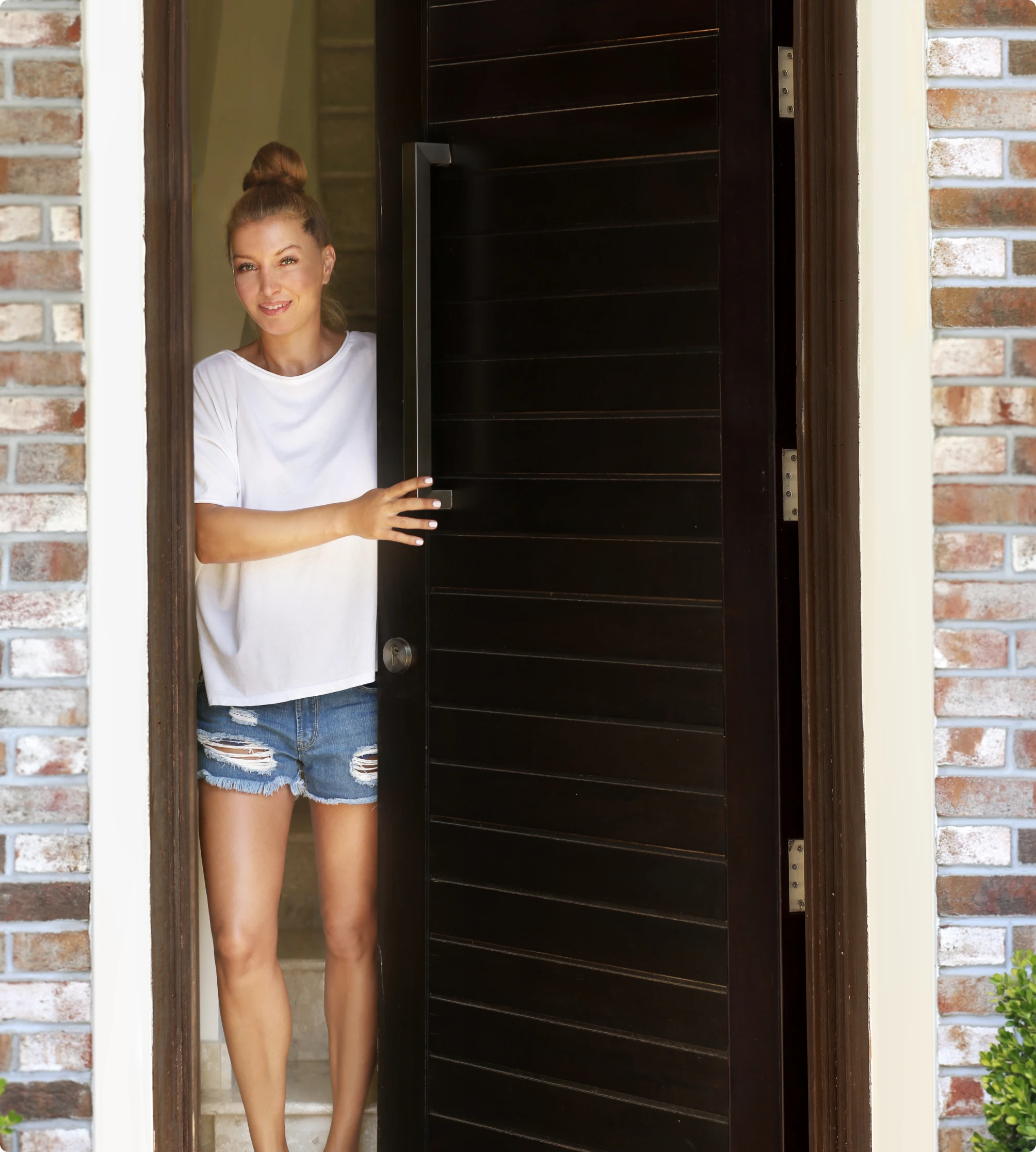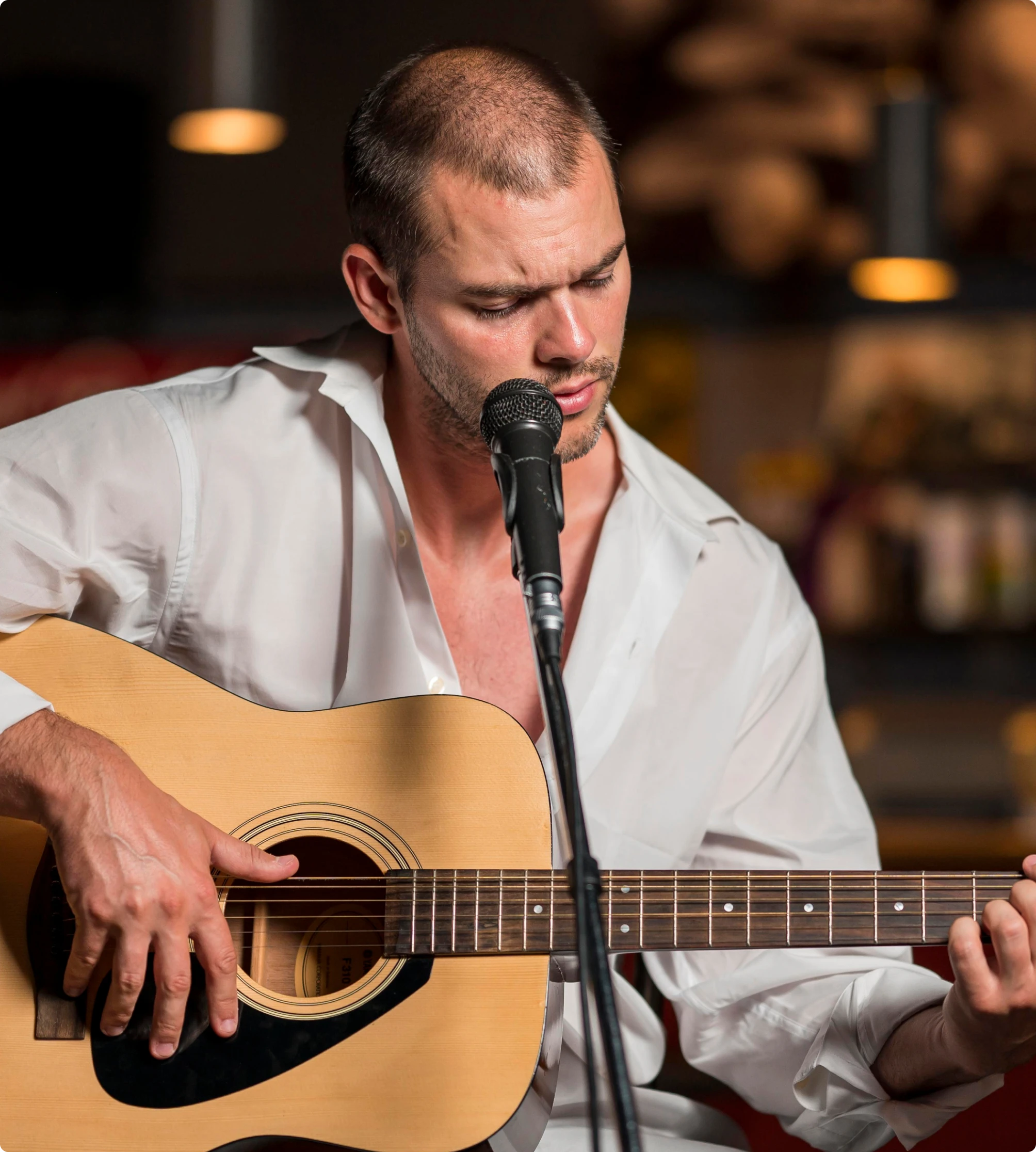



Block and Estate Management is about the minutia done well: the role of a Managing Agent is technical, administrative, practical and political. It takes joined up thinking to do what we do well as well as sufficient resource to react to whatever is necessary day-to-day.
As a Managing Agent we know our true business is building relationships with people. Our people are empowered and know that they can make a difference to how people feel about where they live. We call our 'Property Manager's 'Relationship Managers’ to embody our values which are to build relationships, add value, and to take the initiative. We lead the market in transparency and focusing on risk, cash, repairs and place making, usually in that order, and was the first Managing Agent to introduce a ' money back guarantee ’.
Being who we are would be impossible without our passionately committed people, whose qualifications we sponsor and who we support professionally to be the best they can be, as achieving a national training award and our Silver IIP status confirms.
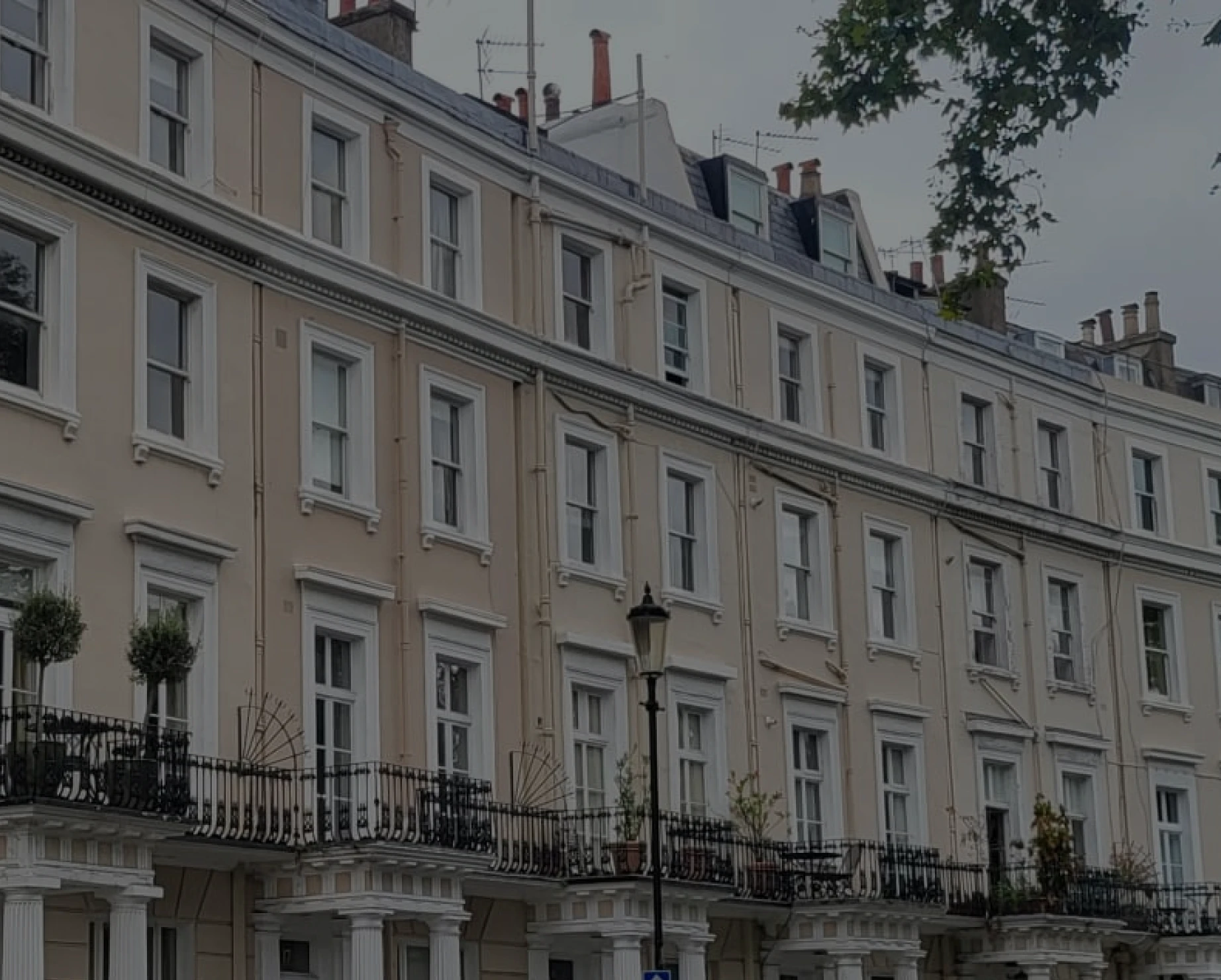

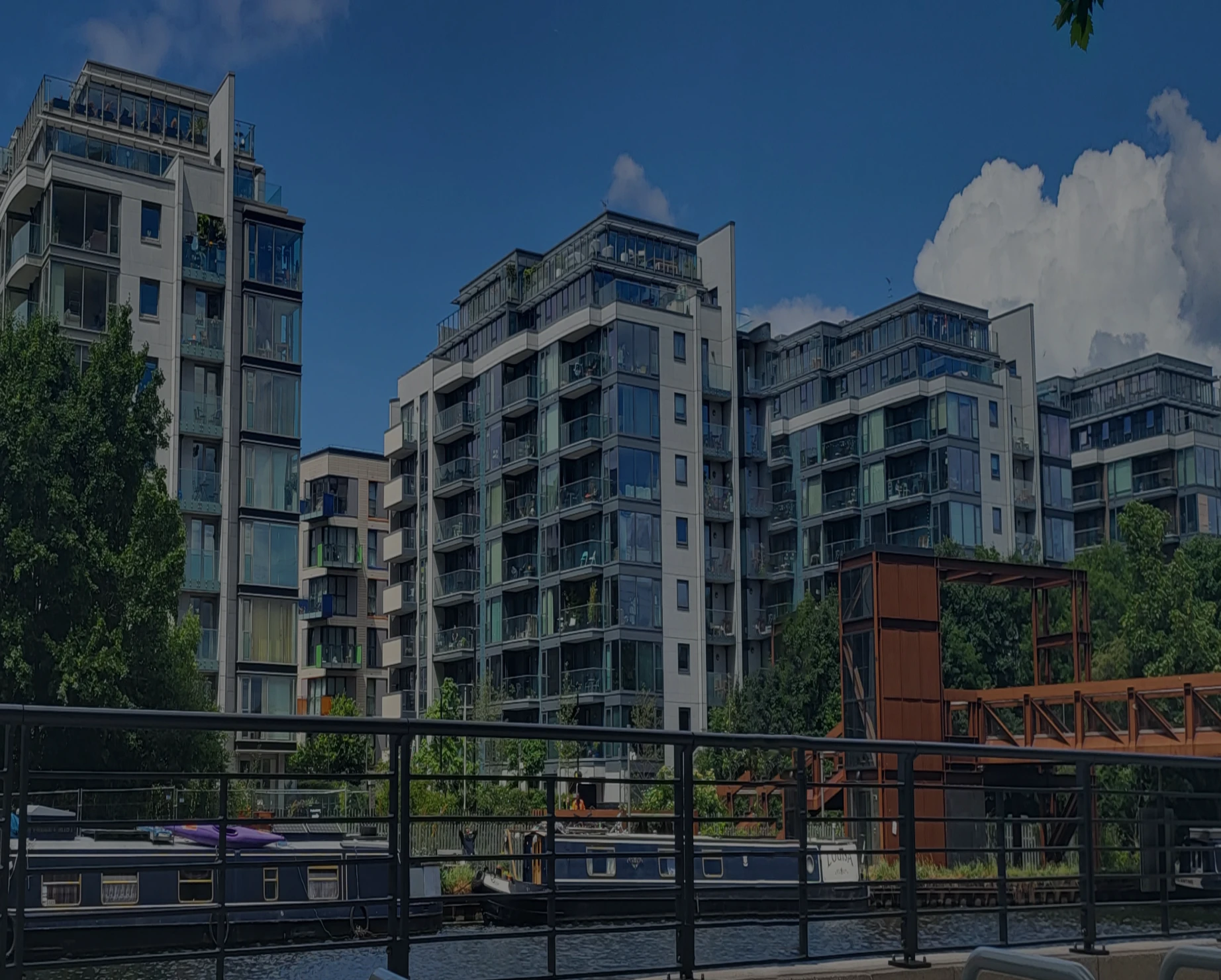

Transition: Our problem not yours
Our onboarding team will visit site to catalogue what we need to manage, set up budget templates, benchmark and database key lease clauses, and for complex sites our Facilities Management team will also inspect to understand in detail plant and equipment on site. Ringley Law will set up company and ownership registers all ahead of your nominated Relationship Manager taking over.
Block Management Packages
An online service, like internet banking: we run demands, arrears, service charge accounts & legal admin, you set the budget and upload invoices to pay
How to change Managing Agent
Changing Managing Agent needn’t be daunting, we have a team dedicated to gathering information, benchmarking leases and setting up plant registers
Learn moreRingley’s Top 10 Tips
There’s a lot you need to know to run the service charge properly: politics, law, building pathology, financial accounting, company matters, here’s a few tips
Learn moreCan’t afford a Managing Agent?
We understand the minimum fees of a full block management service may be prohibitive to small blocks – that’s why we created
www.servicechargesorted.co.uk
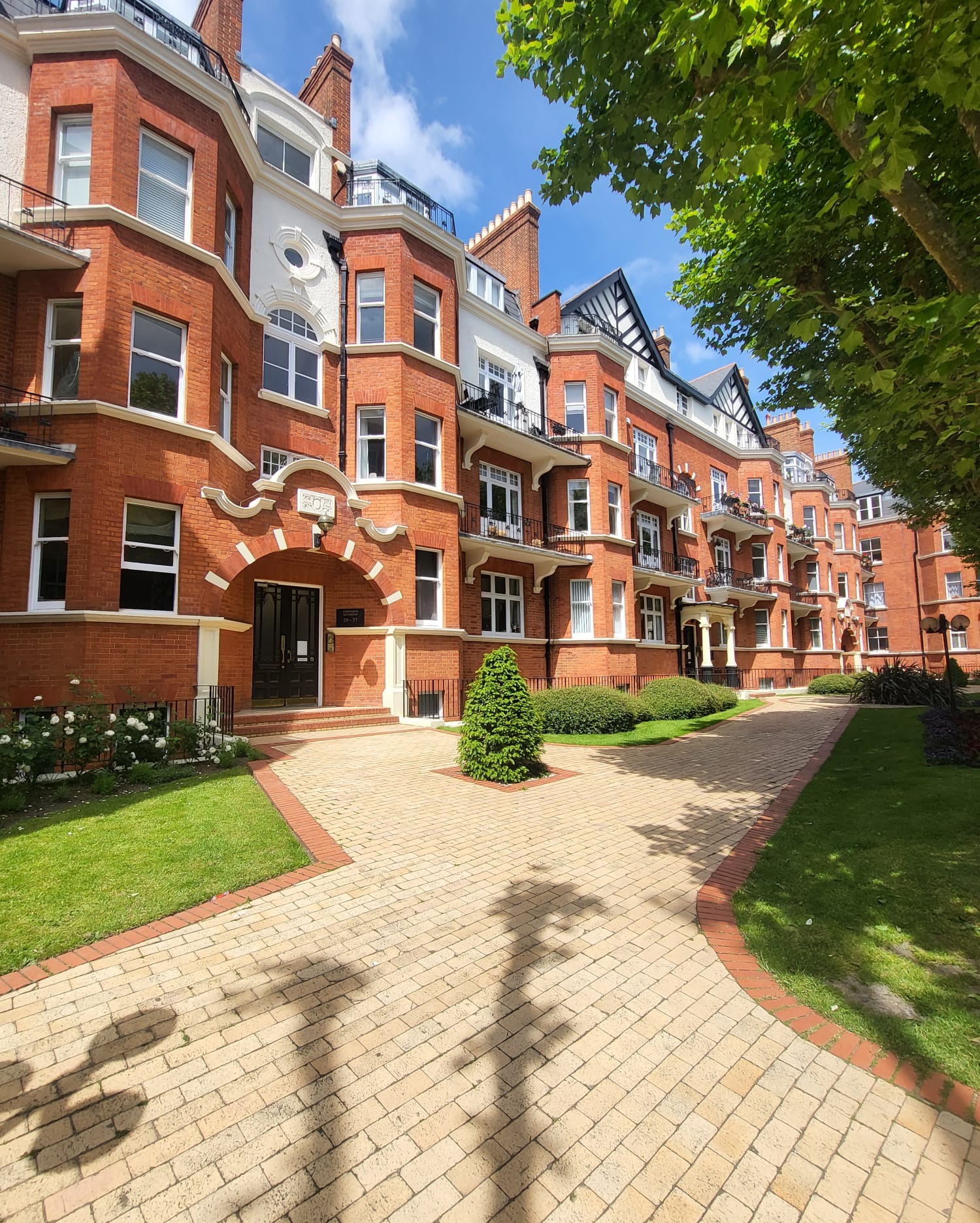
The Ringley Group is regulated by all three major bodies - Royal Institution of Chartered Surveyors (RICS), the Solicitors Regulation Authority, and the Financial Conduct Authority.






We have professional memberships in The Property Institute, The Association of Rental Living, The Institute of Fire Safety Managers, Chartered Association of Building Engineers.








We empower teams out on site
Site staff are the eyes and ears of the developments we manage, they are fully connected to our customer relationship management systems. The work they do is visible to residents, e.g., day books and end of shift inspections on the Ringley Gateway portal.
We see success as the emotional connection of each resident to where they live, so the task is simple... to empower site teams to make a difference on resident at a time.
We hire and place a range of site staff including: Concierge, Caretakers, Housekeeping, Cleaners, Gardeners, Maintenance Engineers and more…
read more about site staff solutions
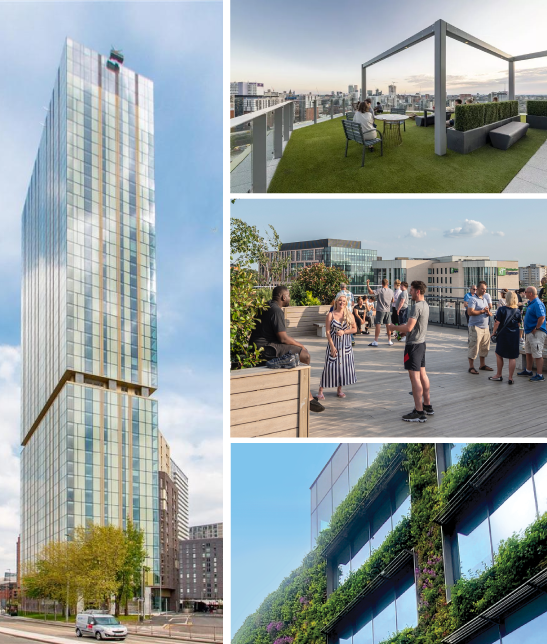
Block Management Reviews

"The agent has been a fantastic agent to help us out with. From the beginning with the viewings to finalizing the contracts, we’ve had no problems. And for the duration of the tenancy and communication of our refundable deposit, it was very seamless. Would highly recommend letting with them!"
| Rida Nasim 109 days ago |

"Since exercising our Right to Manage and appointing The Ringley Group, have seen vast improvements in terms of communication, transparency and a real effort to provide value for money. I'd also like to give a shoutout to the cleaner(s) on our building - Bushane Court. Very diligent and feels so much cleaner!"
| Winston Gregorio 86 days ago |

"We have had a problem with noise from the flat above us in Lady Isle House Ferry Court Cardiff. We contacted a Mr Paul Staniforth who immediately became involved and addressed the situation. We really do appreciate what he has done for us and cannot thank him enough. Once again a big thank you to Mr Staniforth. The noise above was intolerable."
| Shane, 2 days ago |
|
|
We work alongside those deploying capital: our VirginLand by Ringley identify sites, our capital markets team work on equity and debt, our Asset Managers act as Employer’s Agent during the build for Project Monitoring. Towards Practical Completion we will be preparing always to mobilse new assets, take plant handover, recruit great teams and lease up fast.
|
|
We work to enhance the value of our Client’s asset and demonstrate good governance. To us this means engaging with leaseholders, residents and other stakeholders to ensure they are engaged with the management of each development.
|
|
Our aim is to make Management Company Directors feel empowered: to us this means 100% transparency and advising them of the options available to support decision making. We know volunteer directors have a day job, so work to delivery what they need in a timely manner and guide them on the decisions we need.
|
|
Within The Ringley Group we have a range of professional practices to enable transactions: Land Find, Valuers, Surveyors, Engineers and of course Ringley Law.
We work closely with official receivers, asset owners, lenders and tax consultants to support property owners throughout each assets lifecycle. |
Ringley is a group of companies. We are a diverse bunch with far reaching expertise in law, engineering, fire surveying and facilities management. Our data-led in-sourced model will save you money and we will listen, understand your goals and get things done. We are innovative and solutions oriented.
- 100% transparency
- to find solutions
- focused committed people
As a group of companies we are a diverse bunch with enough experts on board to be a one-stop-property-shop. We listen and align to each Client's goals so each of us knows what needs to be done all the while remaining innovative and solutions oriented - as a team - One Ringley.
- 100% transparency
- to network and find solutions
- focused committed people
Our Block Management Team
The key to our success is our people.

Best places to eat out in Tower Hill

History of Tower Hill

Most prestigious roads in Tower Hill

Things to do in Tower Hill
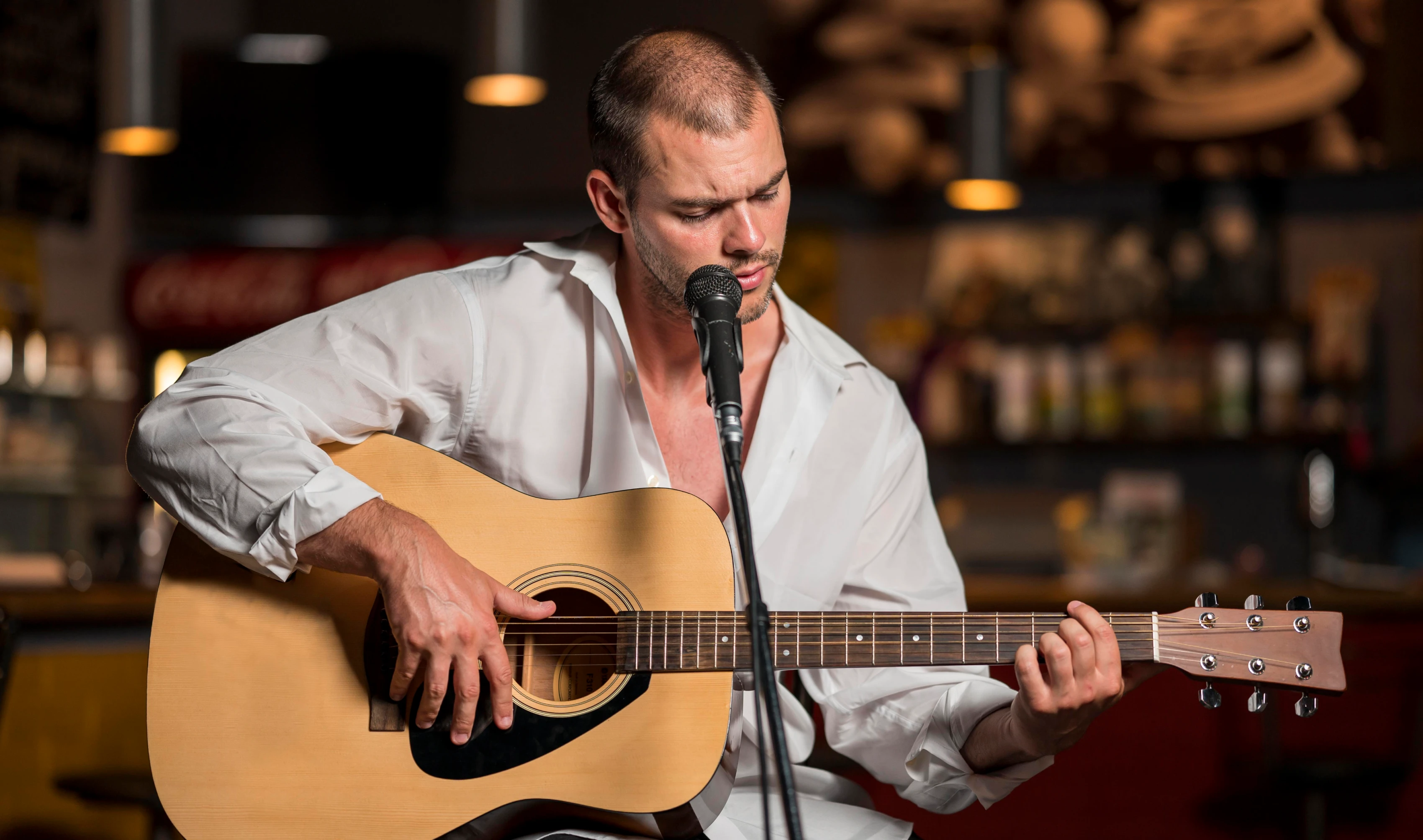
Tower HIll - Cultural Scene
Tower Hill, a historic and iconic area in the heart of London, has seen its real estate market evolve significantly in recent years. Known for its proximity to key landmarks such as the Tower of London, Tower Bridge, and the financial district of Canary Wharf, Tower Hill offers a unique blend of heritage and modern living. With its excellent transport links, including the District and Circle Lines, as well as its proximity to the River Thames, the area has become a desirable location for both professionals and investors. The mix of luxurious residential developments, office spaces, and proximity to central London makes Tower Hill a prime location for high-end real estate.
In recent years, Tower Hill’s real estate market has experienced steady growth, driven by its strategic location and ongoing regeneration efforts. New residential towers, luxury apartments, and mixed-use developments have transformed the area, attracting affluent buyers and international investors. The area’s continued development, including the planned improvements to public spaces and local amenities, further enhances its appeal. With its strong rental demand, particularly from city professionals, Tower Hill’s property market offers excellent investment opportunities. As the area continues to evolve and expand, it remains one of London’s most coveted addresses, with long-term potential for both buyers and developers.
Visit our main Pages
Ringley Group
Block management
Asset Management
Leasehold Guidance
Ringley Law
Tower Hill, located in the historic heart of London, is surrounded by several prestigious roads known for their blend of classic architecture, convenient location, and proximity to key landmarks. These roads combine the charm of old London with modern developments, making Tower Hill an attractive area for residents and investors alike. The appeal of Tower Hill’s prestigious roads lies in their accessibility to the City, riverside views, and vibrant cultural scene.
Trinity Square – Known for its historic buildings and proximity to the Tower of London, Trinity Square offers a prestigious address with stunning views and exclusive residences.
Byward Street – Located near the Tower Bridge, Byward Street features elegant properties and easy access to the financial district and riverside attractions.
Minories – This road combines period homes and modern apartments, prized for its central location close to Tower Hill Underground Station and the Tower of London.
St Katharine’s Way – Nestled near St Katharine Docks, this road offers luxury living with marina views and access to stylish dining and leisure spots.
Limeburner Lane – A quieter, charming street with a mix of residential and commercial properties, Limeburner Lane provides a peaceful retreat near Tower Hill’s bustling center.
Tower Hill’s most prestigious roads offer a unique blend of history, convenience, and lifestyle, making them some of the most desirable places to live in this iconic part of London.
Visit our main Pages
Ringley Group
Block management
Asset Management
Leasehold Guidance
Ringley Law
Tower Hill, nestled in the heart of London's historic district, offers a delightful array of dining options that cater to diverse palates. From elegant riverside eateries with stunning views to cozy local spots, the area boasts a rich culinary scene. Whether you're exploring the iconic Tower of London or enjoying a leisurely stroll along the Thames, Tower Hill's restaurants provide the perfect setting to indulge in exceptional cuisine.
Côte Brasserie – St Katharine Docks – This French brasserie offers a relaxed atmosphere with classic dishes like steak frites and crème brûlée, complemented by views of the marina.
Emilia’s Crafted Pasta – St Katharine Docks – Known for its fresh, handmade pasta made daily in an open kitchen, Emilia’s provides a cozy setting overlooking the marina.
The Lampery – Located within the Apex City of London Hotel, The Lampery serves modern British cuisine with a nod to Samuel Pepys' era, offering dishes made from locally sourced ingredients.
The Alice – A family-friendly British restaurant situated near Aldgate, The Alice offers a casual dining experience with a variety of traditional dishes.
The Crutched Friar – Situated in the Tower Hill area, The Crutched Friar is a British restaurant known for its warm ambiance and classic pub fare.
Tower Hill's dining establishments reflect the area's rich history and vibrant culture, offering a range of culinary experiences to suit every taste. Whether you're seeking a romantic dinner with a view or a casual meal with friends, the options are plentiful and diverse.
Visit our main Pages
Ringley Group
Block management
Asset Management
Leasehold Guidance
Ringley Law
Tower Hill, situated in the historic heart of London, is a vibrant area full of cultural landmarks, green spaces, and exciting activities. Known for its proximity to the Tower of London and the River Thames, Tower Hill offers plenty of things to do for visitors and locals alike. Whether you're interested in history, shopping, or simply enjoying scenic walks, Tower Hill has something for everyone.
Tower of London is a world-famous historic fortress and former royal palace, offering guided tours and the chance to see the Crown Jewels.
Tower Bridge Exhibition allows visitors to explore the iconic bascule bridge, including its high-level walkways with panoramic views of London.
St Katharine Docks in Tower Hill is a picturesque marina with waterfront bars, restaurants, and boutique shops.
Trinity Square Gardens near Tower Hill is a tranquil green space perfect for relaxing amidst the city buzz.
The Shard close to Tower Hill offers stunning views from its observation decks across London’s skyline.
Hays Galleria in Tower Hill is a historic shopping and dining arcade beside the Thames, ideal for browsing and eating out.
Tower Hill Underground Station provides excellent transport links, making it easy to explore wider London from this hub.
Tower Hill Memorial is a poignant site commemorating merchant seamen lost in the world wars, offering a place for reflection.
London Bridge City Pier near Tower Hill offers riverboat tours, perfect for sightseeing along the Thames.
The Scoop at More London is an outdoor amphitheatre near Tower Hill hosting free performances, film screenings, and events in summer.
Billingsgate Market close to Tower Hill is Europe’s largest inland fish market, providing a unique glimpse into London’s trade and food scene.
St Dunstan in the East near Tower Hill is a beautiful church ruin turned public garden, offering a peaceful escape.
The Monument to the Great Fire of London is within walking distance from Tower Hill and offers panoramic city views from its top.
Tower Hill Walks are guided tours around the historic district, exploring hidden gems and telling the fascinating stories of the area.
Tower Hill combines history, culture, and modern vibrancy, offering endless opportunities for exploration and enjoyment.
Visit our main Pages
Ringley Group
Block management
Asset Management
Leasehold Guidance
Ringley Law
Tower Hill, located in central London, is a historic area that offers a unique mix of cultural attractions and modern landmarks. The Tower of London, one of the city’s most iconic landmarks, serves as a cultural hub, hosting exhibitions on British history, art, and royal heritage. Nearby, Tower Hill Park offers a serene green space for outdoor events and cultural gatherings, with stunning views of the River Thames.
Art and history are deeply rooted in Tower Hill, with places like the Trinity House showcasing maritime art and history. The Design Museum in nearby Kensington is easily accessible and regularly features exhibitions on design, innovation, and contemporary culture, further enhancing the cultural landscape of the area. The region also offers frequent cultural events, including lectures, film screenings, and art installations.
Tower Hill’s cultural scene is enriched by its annual events and festivals, which draw visitors from across the globe. The Thames Festival often hosts activities near Tower Hill, offering a wide range of performances, street art, and live music along the river. With its rich history and vibrant arts scene, Tower Hill offers a blend of past and present that makes it a fascinating cultural destination.
Visit our main Pages
Ringley Group
Block management
Asset Management
Leasehold Guidance
Ringley Law



